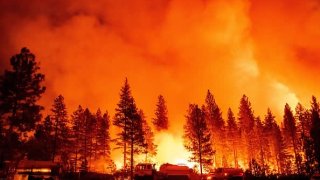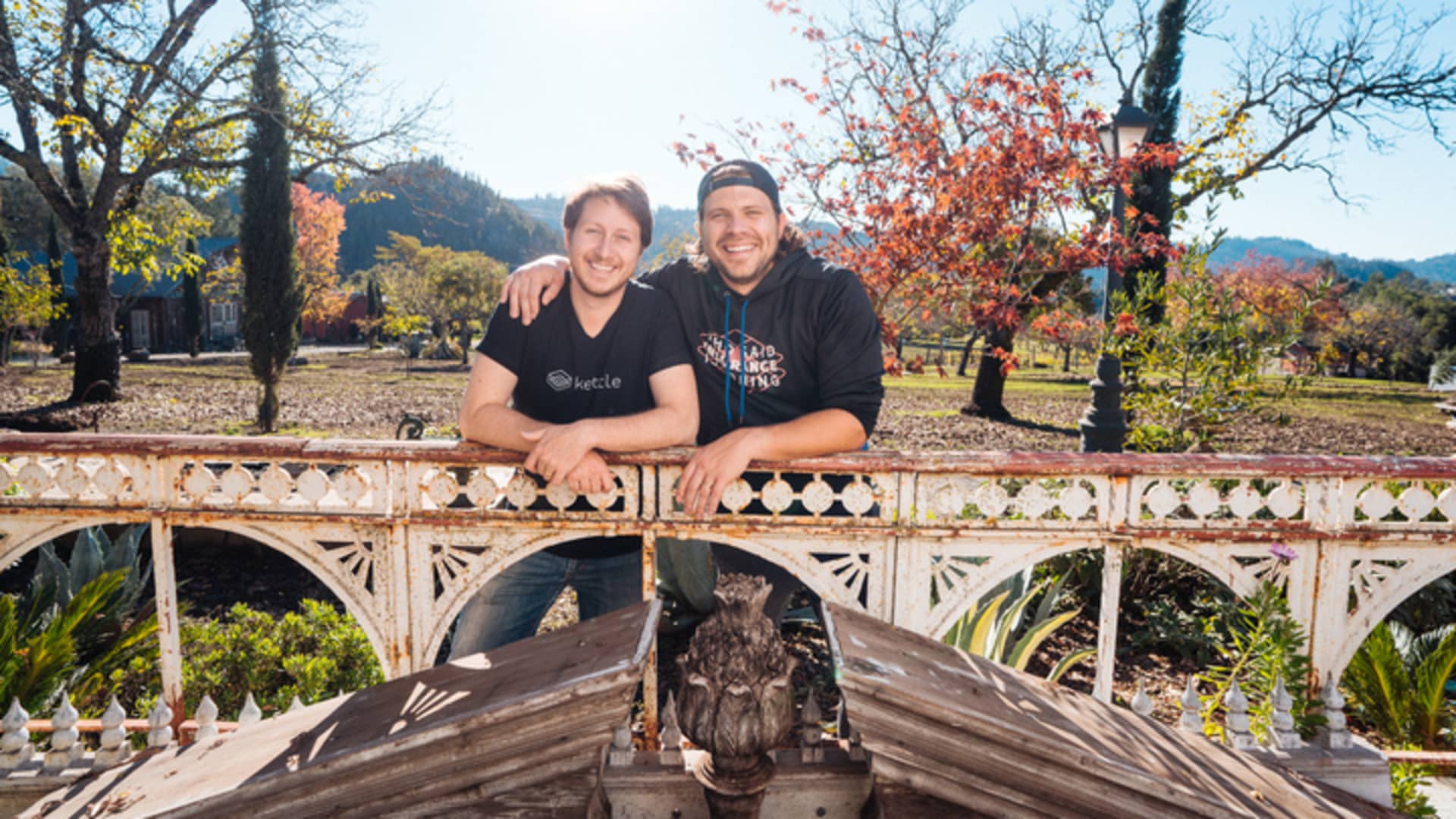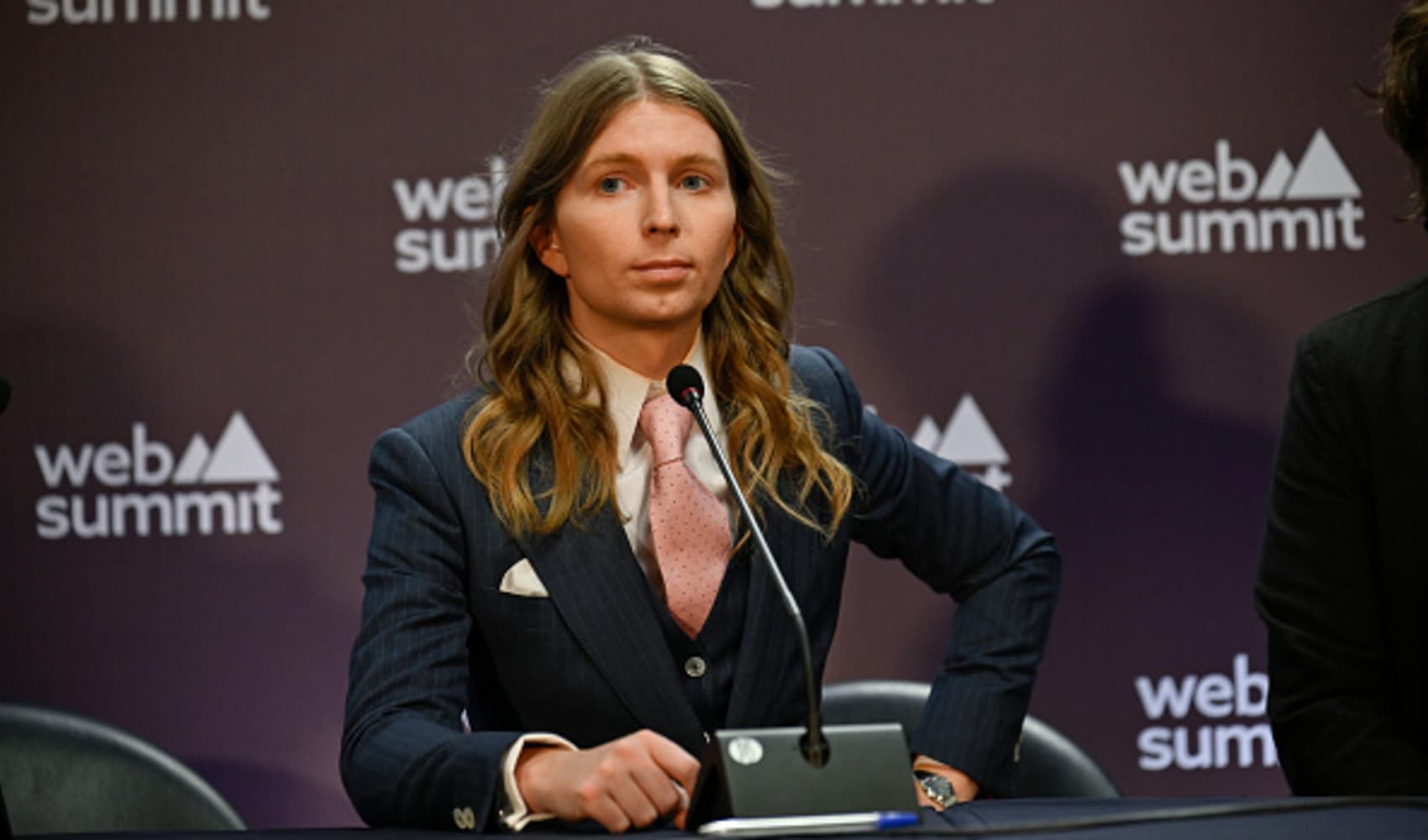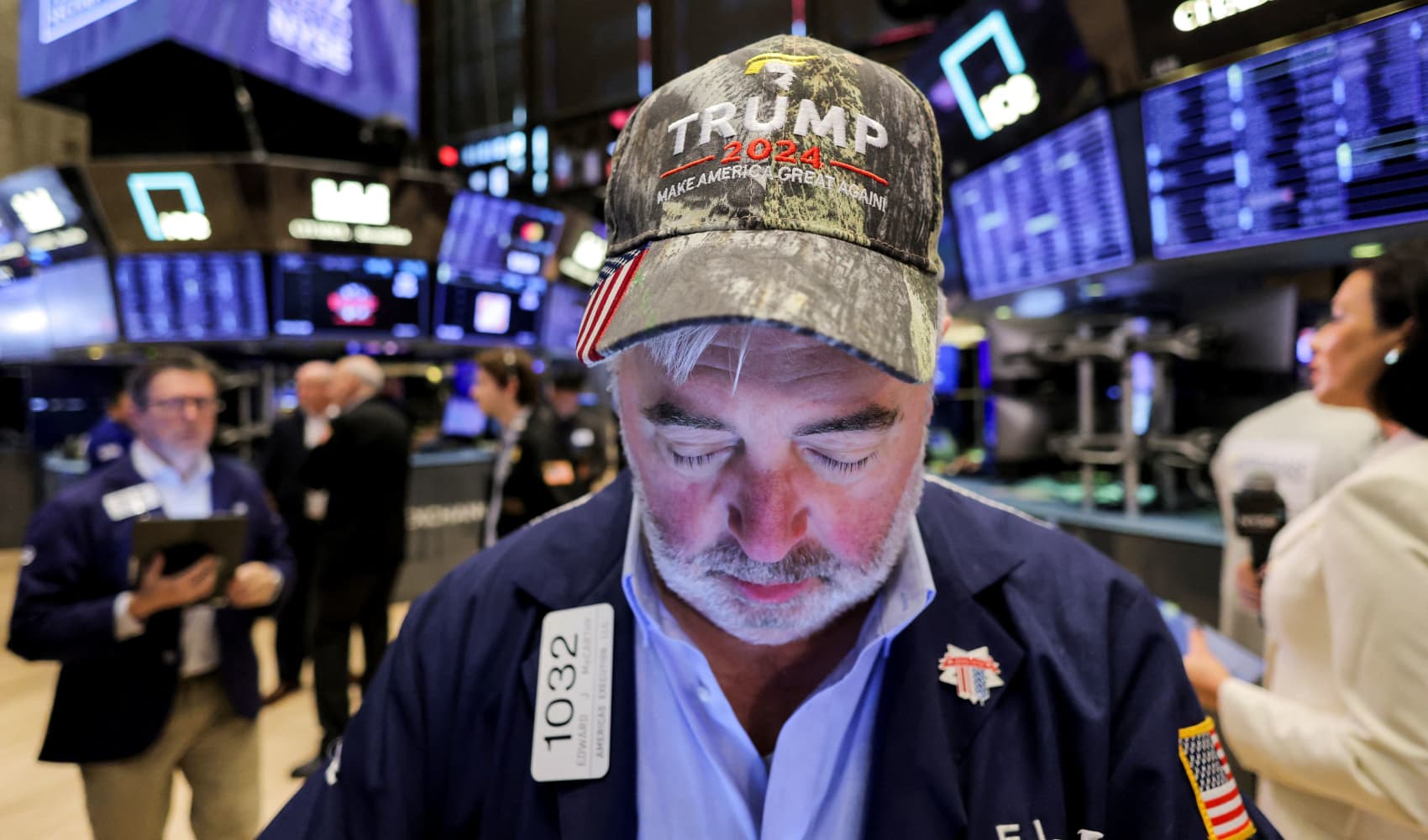
Nobody can predict the future, but a San Francisco-based startup called Kettle seems able to predict where wildfires could start in California.
That's a big deal: Eight of 10 of the largest wildfires in California's history have occurred in the last five years. The disastrous blazes are only going to get worse because of climate change, and accurately predicting their locations could help thousands of people prepare ahead of time.
Kettle, which launched in early 2020, says it's shared insights from its model with firefighters, utility companies, government agencies and the U.S. Forest Service.
But it primarily uses its prediction model in a potentially surprising way: for reinsurance. That means Kettle provides insurance for insurance companies.
Your eyes might have just glazed over, but the startup's founders say reinsurance is one of the best ways to maximize social impact.
"We can't just exclusively focus on mitigating climate change, trying to prevent this continued progression," Kettle co-founder and chief operating officer Nathaniel Manning tells CNBC Make It. "We must also invest heavily in buffering society against it — and insurance has a key role to play there."
The startup isn't alone: Multiple other AI-centric companies, like Zesty.AI and Cape Analytics, have built wildfire prediction models in recent years, with all claiming a relatively comparable amount of accuracy.
Money Report
But Kettle's focus on reinsurance, rather than selling its software directly to insurance companies, is unique, Manning says.
Here's why, and how Kettle hopes its prediction model can help.
How Kettle makes predictions
California has become a high-risk place to live — and insurance companies know it, non-renewing more than 235,000 California homeowner policies in 2019 alone, according to the California Department of Insurance.
Residents who still have home insurance probably pay a lot more than they did five years ago, largely because insurance companies can't properly differentiate between high-risk and low-risk areas, Kettle data scientist Noam Rosenthal says.
Most reinsurers predict wildfire risk through a decades-old technique that relies on historical data, Manning adds. That's a problem, he says: "The future can't be predicted by the past because climate change is continuously changing things."

Kettle's model attacks that problem by analyzing 130 terabytes of data across more than 35 different data sets, from state real estate data to satellite imagery that accounts for temperature, drought, precipitation, wind and other factors, according to a slideshow provided by the company.
It uses that data to run about 2.25 million simulations of where a fire could ignite and spread in California, — more than the roughly 10,000 simulations that other reinsurance models typically run, according to the slideshow.
The model's goal is to predict the likelihood that a given property in California will burn down in a wildfire in the next 12 months.
So far, results appear promising. In 2020, 14 of California's largest fires — accounting for 98% of the state's fire damage that year — started in the model's top 20% of riskiest geographic areas, Manning says.
Of course, it's all probability. Predicting the exact location a wildfire will start is "almost impossible," says Stanford University assistant professor Alexandra Konings. Still, she adds, identifying the highest-risk areas can be "very valuable information."
Choosing to focus on reinsurance
Selling reinsurance may seem like a profit-driven way to capitalize on a potentially life-saving piece of technology.
But if insurance companies can't accurately predict risk, they could end up owing homeowners more money than they're able to disburse after a catastrophe, says Janet Ruiz, director of strategic communication at the nonprofit trade association Insurance Information Institute.
In other words, reinsurance companies do benefit large insurers — but they also make sure you're able to get the money you're owed if disaster strikes.
It's impossible to measure how much any single reinsurer has stabilized premium prices, but roughly 60,000 homes across 20 different insurance companies are at least partially insured using Kettle's model, Manning says.
That means Kettle has likely helped at least some people in low-risk areas pay lower premiums, and some people in high-risk areas pay higher premiums.
And while nobody wants to pay more, Manning notes that the higher premiums could incentivize people to stop building or buying properties in high-risk areas.
It could also push existing homeowners to "harden" their homes — a reinforcement procedure that can reduce wildfire risk by up to 75%, according to a 2020 study from the National Association of Insurance.
California wildfires could be just the beginning
Manning says he's unsure whether any firefighters, utility companies or government agencies have actually used the information Kettle has shared with them.
But helpful as those insights may be, Kettle's primary focus remains the insurance industry, says Rosenthal, the startup's data scientist.
"We're in a new normal where there is an elevated risk for wildfire in California," he says. "Increasingly, insurance is going to be an instrumental tool for protecting people against the most severe consequences of it."
Manning says wildfires are only the start, and that Kettle hopes to eventually model other environmental catastrophes worsened by climate change, like floods and wind from hurricanes.
That could be a challenge, says Max Moritz, an adjunct professor of wildfire dynamics at UC Santa Barbara. Natural disasters often act very differently from each other, and predicting them can depend a lot on the specific nature of local geographies.
Put simply, what works in California might not work anywhere else. "It's not a given that the performance will be that great," Moritz says.
But Kettle aims to try, and a few such projects are actively in development, Manning says. He declined to offer any concrete plans for when they'll launch.
Want to earn more and work less? Register for the free CNBC Make It: Your Money virtual event on Dec. 13 at 12 p.m. ET to learn from money masters like Kevin O'Leary how you can increase your earning power.
Sign up now: Get smarter about your money and career with our weekly newsletter






